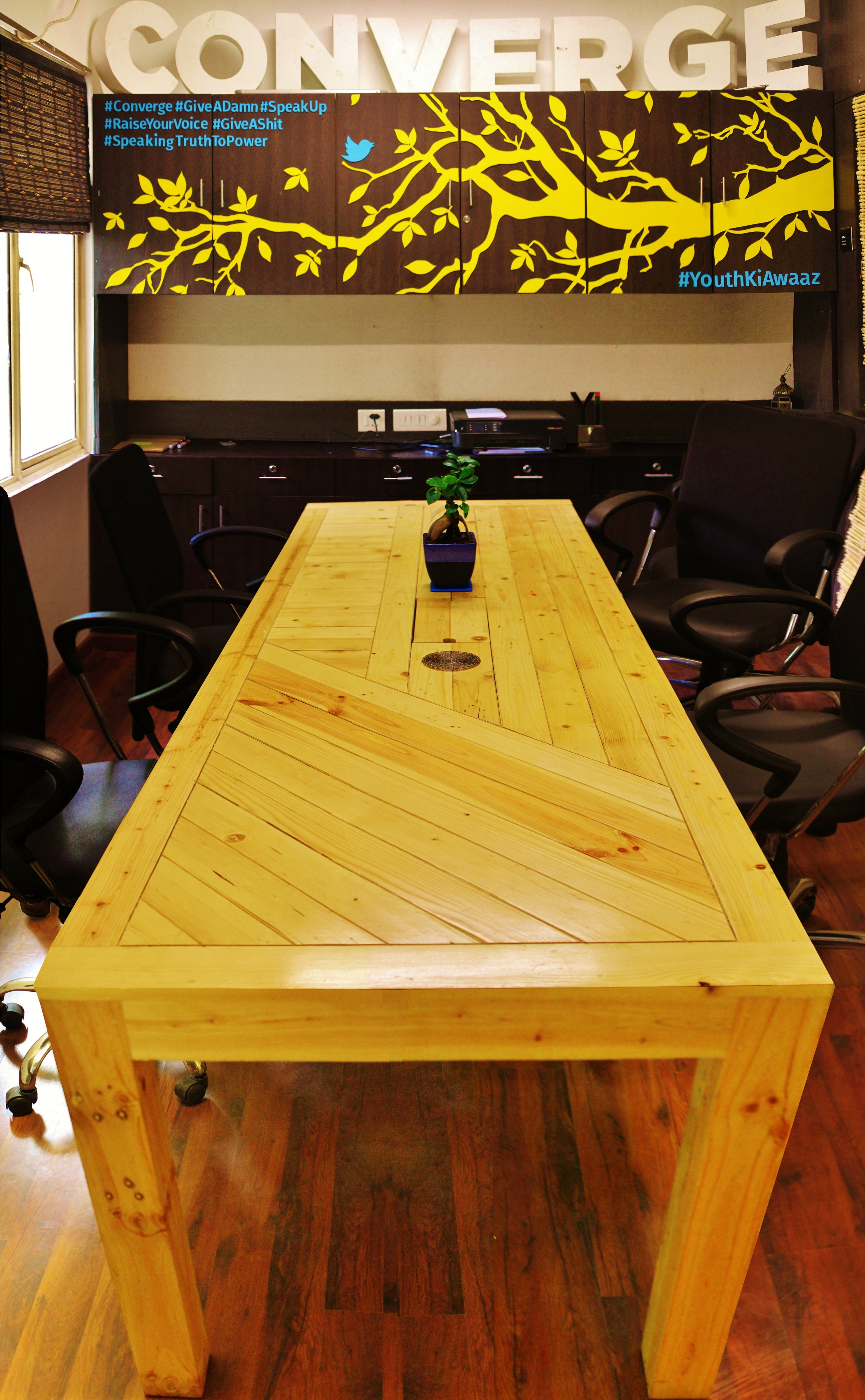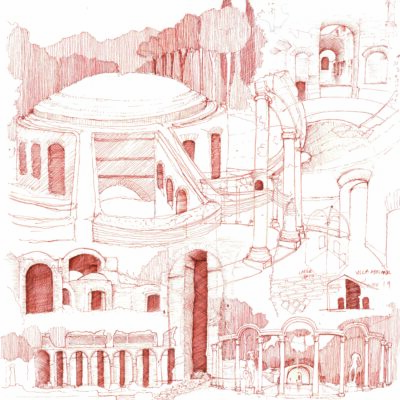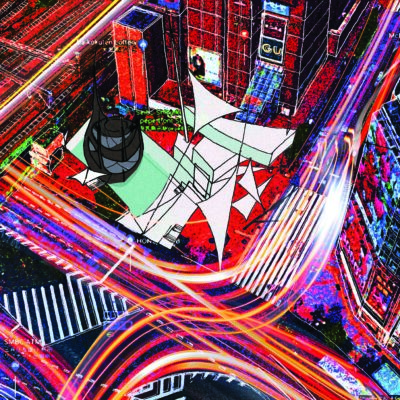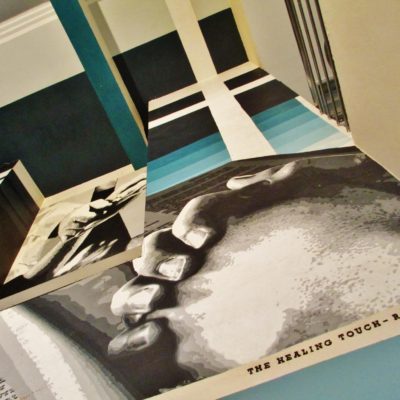Youth Ki Awaaz Office Interiors
Status: Built
Type: Interior design for an office space
Project location: Noida, Uttar Pradesh
Completion Year: 2016
Gross Built Area : 1080 square feet
Mural Artwork: Rita John
The Challenge
How does one conceptualize and construct the work space of a new age, exclusively online, crowd sourced current affairs platform that calls itself “Youth ki Awaaz” – the name itself signifying the entrepreneurial, non-heirarchical, democratic and strongly liberal editorial position and ethos of the twenty somethings that run it?
In collaboration with the clients identified three primary dimensions of how to go about meeting this challenge were arrived at….
First and most importantly, responding to the working habits/culture of the digital generation, by designing a range of furniture that best captured the spectrum of ways in which work was observed to happen at the office.
Second, to design for the unpredictability of a tech startup, in that might dramatically expand, uprooting itself to another space, expand to full capacity or remain at its current size in the same space for a while. This meant a minimal, cost effective, modular design components that could be fabricated quickly or if thrown away could be reused or recycled.
Thirdly and most importantly, to reflect the editorial position of “Youth Ki Awaaz”, integrating design, programming and art work.
DESIGN ELEMENTS
Materiality:
Urban, informal, everyday Auto-manufacturer Maruti-Suzuki’s Gurgaon industrial unit provided a feasible waste material to upcycle: pallet wood. After its use in supporting structures and platforms (called Pallets) to forklift, transport and handle large packages goods, the wood is then resold in bulk – providing an ample supply of material to upcycle. At 25% the cost of sourcing conventional new wood, the available sizes and shapes of the reusable pallet wood, provided an interesting set of constraints to design unique furniture pieces.
Other low-embodied energy materials used include bamboo, jute rope, recycled plastic packets and used glass bottles.
A spectrum of furniture that captures the work culture:
All the furniture pieces come together to create a series of work spaces that range from individual desks, a long non-hierarchical workstation for PCs and laptops, that snakes across the space, as well as a series of informal work spaces like a low height coffee table with cushioned floor seating, a lunch table with benches and a bar table with stools. This anthropometric range creates a flexible workspace while encouraging free seating and addresses the way that this user group operates – constant collaboration across the room, with no rigid hierarchy between themselves.
Workspace Accessories – unique, casual and creative:
– A triangular wood detail between desks allows them to flow into each other and create a linked environment.
– There are also light fixtures made from re-used beer bottles, and existing furniture from the clients previous workspace, which have been repurposed creatively.
– The pin-up boards, hung with jute ropes, the last item to be fabricated, reused all the left over wood from fabricating the rest of the office.
“Swing State”- a space to wait and contemplate:
– A colorful swing that serves as a porous waiting area, embodies the client’s youthful and no-barriers philosophy, but also is a place to sit alone or with a work mate to contemplate and decide. The cables of the swing are lined with a thick weave of recycled, used plastic-packets– a technique that emerges from charpais in urban villages in Delhi.
Art – the fourth dimension:
– Along the walls are 3 vividly hand painted murals –Subtext, Liberation and #Tree– made only with acrylic paint on MDF composite wood board, which dynamically represent many of the issues that Youth Ki Awaaz stands for , be it their actual editorial content, their pioneering role in activism, or their increasing online presence.
The aim ultimately was to create an economically viable production system that would allow for urban waste to be sourced cheaply, crafted with labour intensive processes and put to use in day-to-day design products. This system was so successfully set up that more Delhi companies adopted the same fabrication cycle use in the YKA project. This space was captured by the Obama Foundation in a video shared on their Facebook page on 30th Nov 2017 as an example of successful and much-needed entrepreneurial ventures by young Indians.
Click images below to view slideshow.















